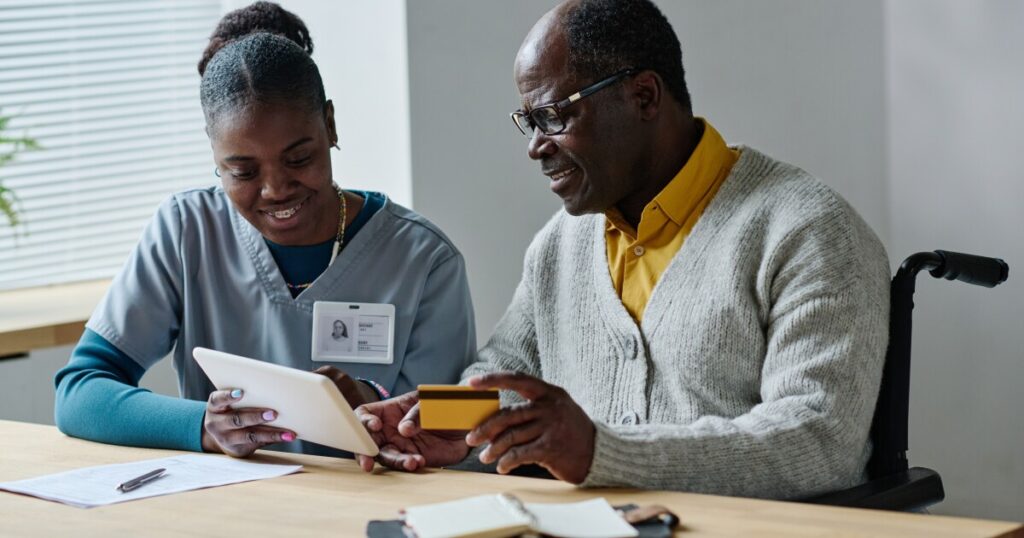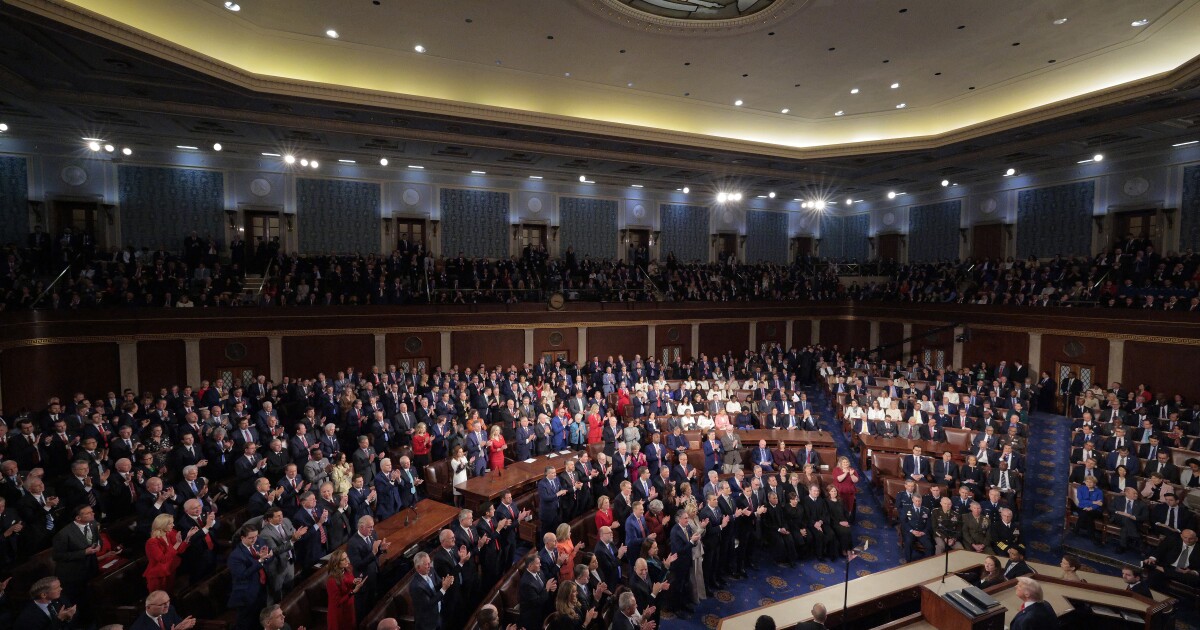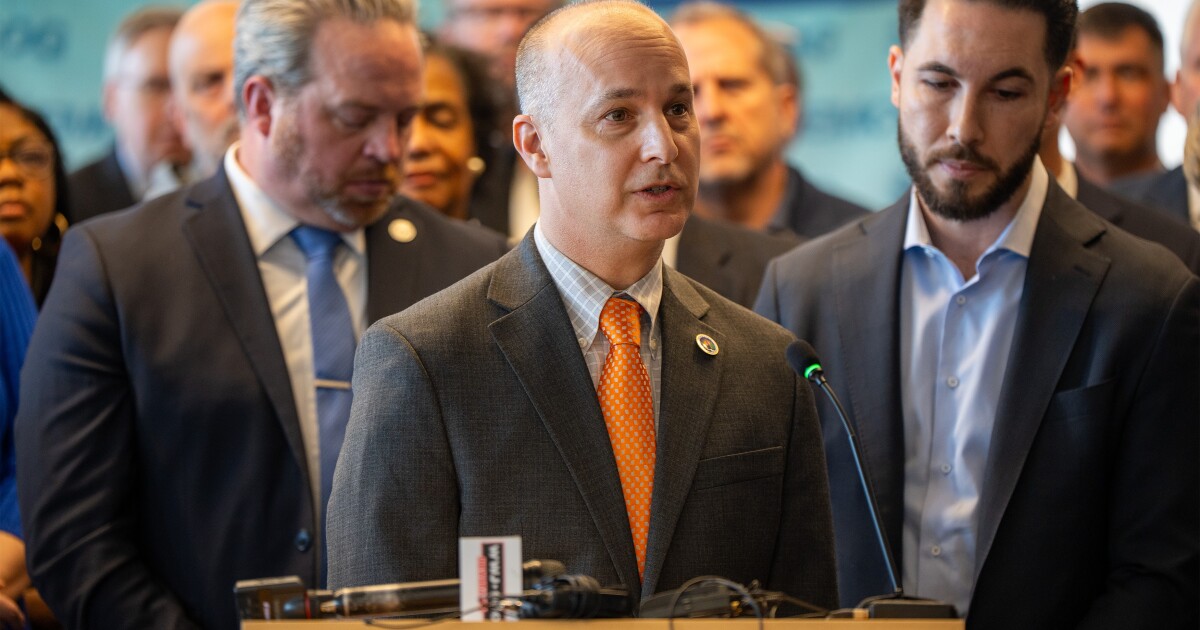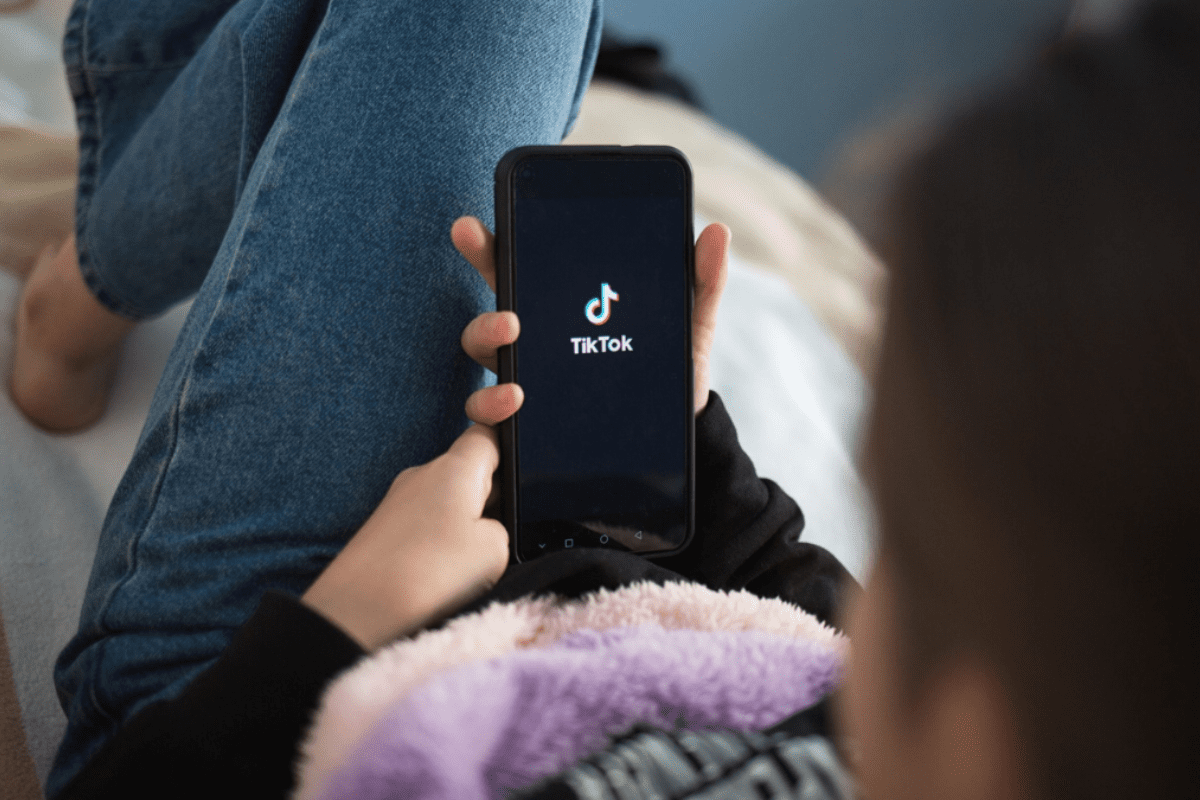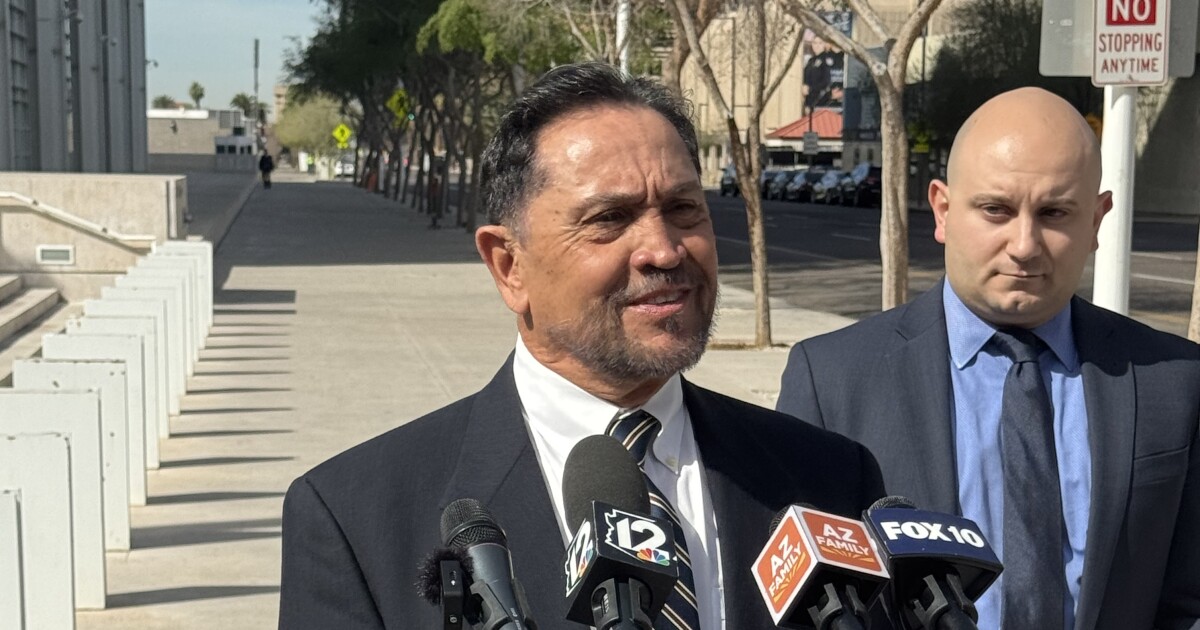Growing Dependence on Technology for Health Decisions: A Double-Edged Sword
As technology becomes an integral part of daily life, more Americans are turning to digital tools for making health-related decisions. The accessibility of smartphones and advancements in AI are at the forefront of this change, providing users with unprecedented access to health data and information.
Rahul Ladhania, an assistant professor of Health Informatics at the University of Michigan’s School of Public Health, notes that there has been a notable increase in the ability to obtain health information and track health trends over recent years. This surge is primarily driven by the widespread availability of smartphones, which now offer features like movement tracking, heart rate monitoring, and sleep pattern analysis.
The development of AI-powered chatbots, such as ChatGPT, further aids individuals seeking health advice. These tools can simplify complex medical terminology, making it more understandable for patients. However, Ladhania warns of the risks associated with AI chatbots potentially disseminating misinformation, depending on user input.
While these technological tools can support individuals in formulating better questions for their healthcare providers, Ladhania emphasizes the importance of not substituting these tools for professional medical advice. He advises that such technology should be seen as a supplement, enhancing the information available to users but not as a replacement for traditional healthcare channels.
“The biggest advice I have is that you do not want to think of these tools as a replacement for existing avenues of care,” Ladhania stated. “You want to think of these tools as a supplement to arm you with more information.”
Privacy concerns also play a crucial role in using these tools. Ladhania stresses the importance of verifying information through clinicians rather than solely relying on digital tools. “You have to have another validating source, which is your clinician, to verify that information,” he added.
The reliance on technology is partially driven by the lack of universal healthcare access, making digital health solutions more appealing due to their low cost and accessibility. Despite advancements in AI, Ladhania predicts that technology will not replace the nuanced expertise of healthcare professionals. The human element of healthcare, including physical examinations and direct conversations between clinicians and patients, remains irreplaceable.
Efforts are underway in hospitals to integrate technology into their services, aiming to enhance patient care by complementing the skills of medical practitioners. “I think the promise of the work being done in this space is huge,” Ladhania stated. “But for sensitive health issues, you have to proceed with care and caution.”
—
Read More Michigan News

